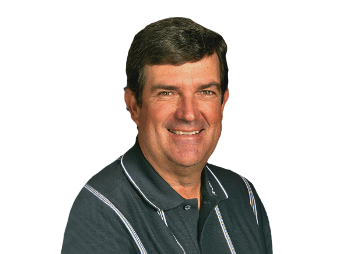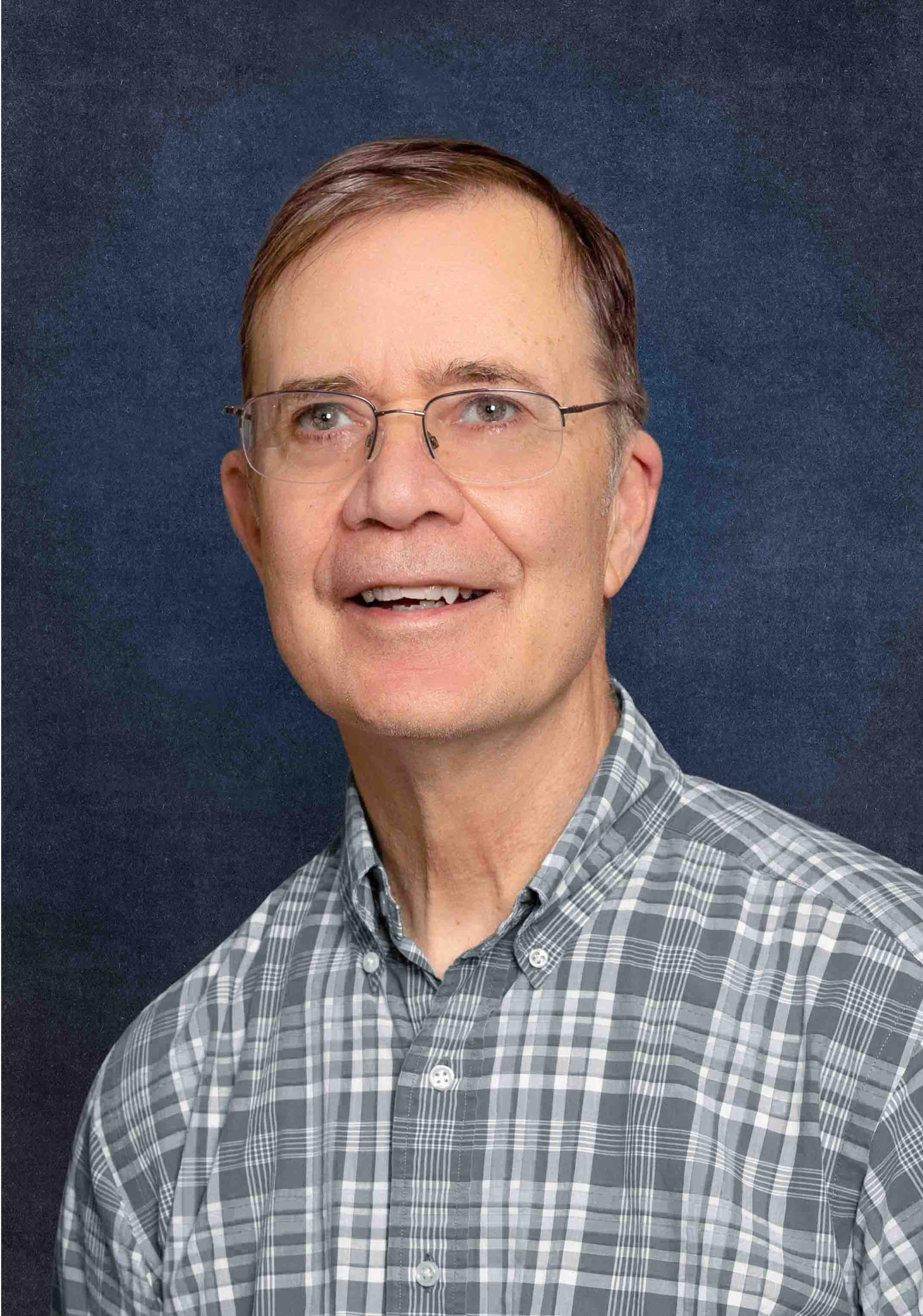Commentary: A Golfing Hero, Bruce Lietzke
Published 5:52 pm Saturday, August 4, 2018

- Bruce Lietzke, a fun-loving PGA Tour winner, died at age 67 on July 28. His funeral service and reception is scheduled for 11 a.m. Monday, Aug. 6, at The First Baptist Church of Athens, 105 Carroll Street, Athens 75751.Courtesy PGA Tour
Life is short. I’ve heard that all of my life. I heard it from my grandfather, my father and now I understand.
Trending
Was it really 50 years ago when I first heard the name Bruce Lietzke and saw him so gracefully hit a golf ball? In many ways, it seems like yesterday.
That memory and many others came rushing at me when I learned of Lietzke’s death last week at age 67, a victim of brain cancer. Though I knew he was gravely ill, the news still hit me hard.
It was June 1968 when I first saw Lietzke. We were playing in a State Jaycees tournament in Abilene as was the amazing Ben Crenshaw. The event was at the muny course and Gentle Ben was doing his thing — beating everyone handily except for a few guys, one of them named Lietzke. Tall and slender from Beaumont, Lietzke hit the ball high and far and was actually leading until he stumbled on the final hole with a double bogey. That allowed Crenshaw to get up and down from the garbage on the next to last hole and par the finale for a one-stroke win.
Years later, probably around 2000 or so, at the Buick Challenge at Callaway Gardens in Georgia, I stopped Lietzke as he was heading to the clubhouse after his round and asked if he could talk for a minute. He graciously agreed and we had a nice 10-minute conversation. I asked him if he remembered that junior tournament in Abilene.
“You know I do,” he said with a grin. “I had just gotten a new Rolling Stones tape and my friend and I listened to it all the way out there from Beaumont.”
We laughed and talked about the old 8-track tapes from our high school days. Lietzke went on to say he was excited to start playing more at that time in anticipation of going on the senior tour. His kids were in college, he said, and that would free him up to play the senior circuit. And he did so for years with success, culminating with a win at the 2003 U.S. Senior Open.
Trending
Earlier that day at Callaway Gardens, I witnessed his talent and more so, his sense of humor.
The second hole on the course at Callaway Gardens was a slight dogleg left par 5 that required a tee shot shaped from right to left to set up the second shot into the green that was reachable in two. Lietzke, known for his patented fade, hit a towering tee ball that was dead straight or may have even gone just a tiny bit to the left.
One of his playing partners, already in a quick walk, was startled and yelled, “how did you do that?”
“Vaseline,” Lietzke shouted back and everyone howled with laughter.
Of course he didn’t use the illegal substance but was having fun on the golf course while making a living.
Later I learned about Lietzke’s move to East Texas where he bought a farm with a couple of fishing lakes. Fishing was his passion with golf always more of a job. I interviewed him for my book about the old beer and barbecue tournaments in East Texas during the 1970s and he told an amazing story about winning the Center tournament in the “middle of the night.”
It was a playoff with his University of Houston teammate Arthur Russell and Lietzke described how cars were pulled to each side of a fairway with their lights on to illuminate the landing area. At the same time, a guy was holding an industrial flashlight on the tee so the players could see the ball. Lietzke hit the fairway and Russell didn’t, so the spoils of victory belonged to Lietzke in that bygone era before cellphones and the internet. Lietzke told a national reporter just a few years ago that “you couldn’t embellish that story if you tried.”
I didn’t know him well but the book linked me to him and I was fortunate to sit with him and his wife at a dinner for the First Tee of the Piney Woods a few years ago in Longview. He said he had a frozen shoulder that kept him from playing golf. I asked him if the shoulder kept him from fishing and he said, “no, but if it does, then I will have it cut on.”
Hosting a radio show in Dallas allowed me to interview Lietzke prior to the Texas swing of the Byron Nelson and Colonial tournaments several years ago. Lietzke won both tournaments twice, accounting for four of his 13 wins on the PGA Tour.
“I have a piece of trivia for you,” Lietzke said. “When I won the Nelson the last year it was at Preston Trail (1982), it was the only time an over par score won a regular tour event. I shot one over, 281, because it was a tough course and there were high winds most of the week. That just shows you how wind affects the scores.”
Lietzke revealed one more nugget that said a lot about who he was as a person.
“My greatest day on a golf course was one when I didn’t even play,” he said with a glance into my eyes. “It was the Sunday of the Ryder Cup (1999) when we came back to win. That was something I will always cherish — being there with Ben and my best friend Bill Rogers.”
Lietzke and Rogers were assistant captains to Crenshaw in one of most memorable Ryder Cups in history.
That Sunday at The Country Club outside of Boston was a long way from the public course Tyrell Park in Beaumont where Lietzke learned the game under the watchful eye of Henry Homberg, a longtime pro who saw something very special in his prize pupil.
Like most of us who love the game and wish we played it better, I admired Lietzke’s gift of extraordinary golfing talent. But maybe it was him just being himself that I admired even more.
Several months ago, maybe even a year ago, I called Lietzke to see about a comment on something pertaining to golf. Knowing that he cherished his privacy and might not call back, I left a voicemail that I knew might be my goodbye.
I said I hoped he was doing better, that I was praying for him. I said that as a Texas boy who loves golf, he was always a hero to me.






